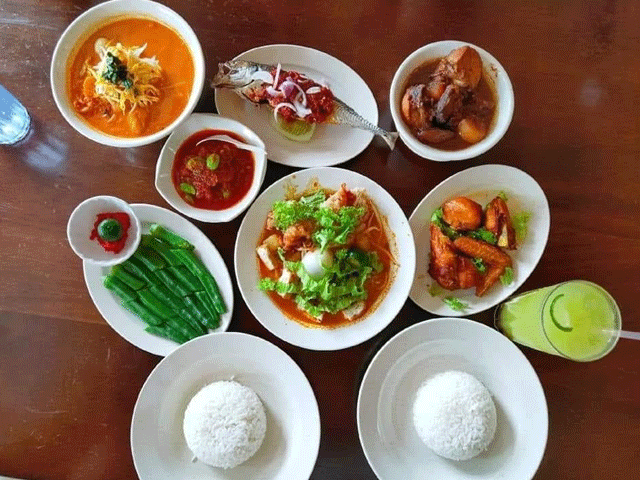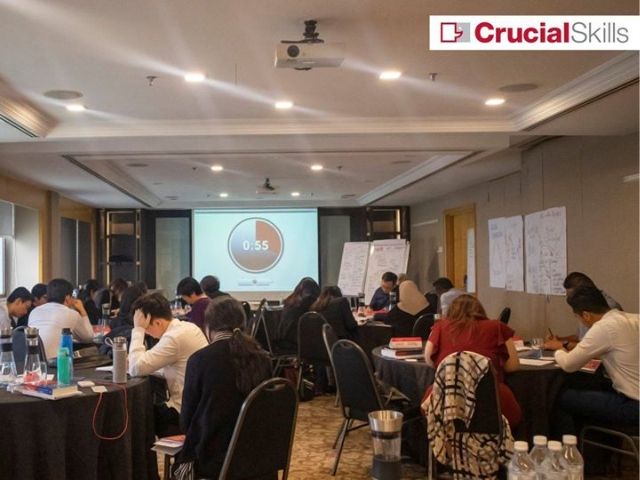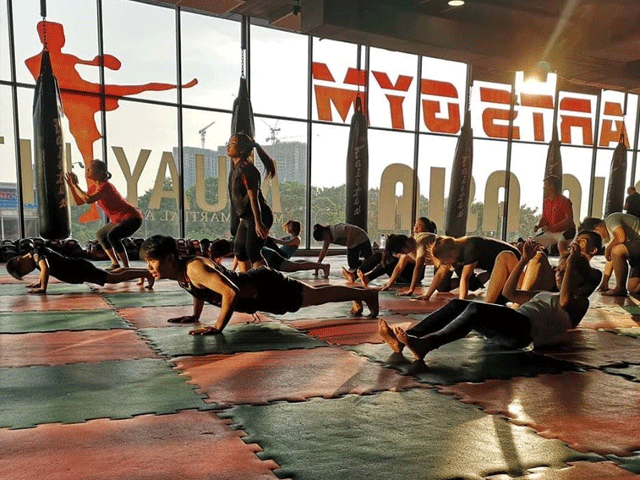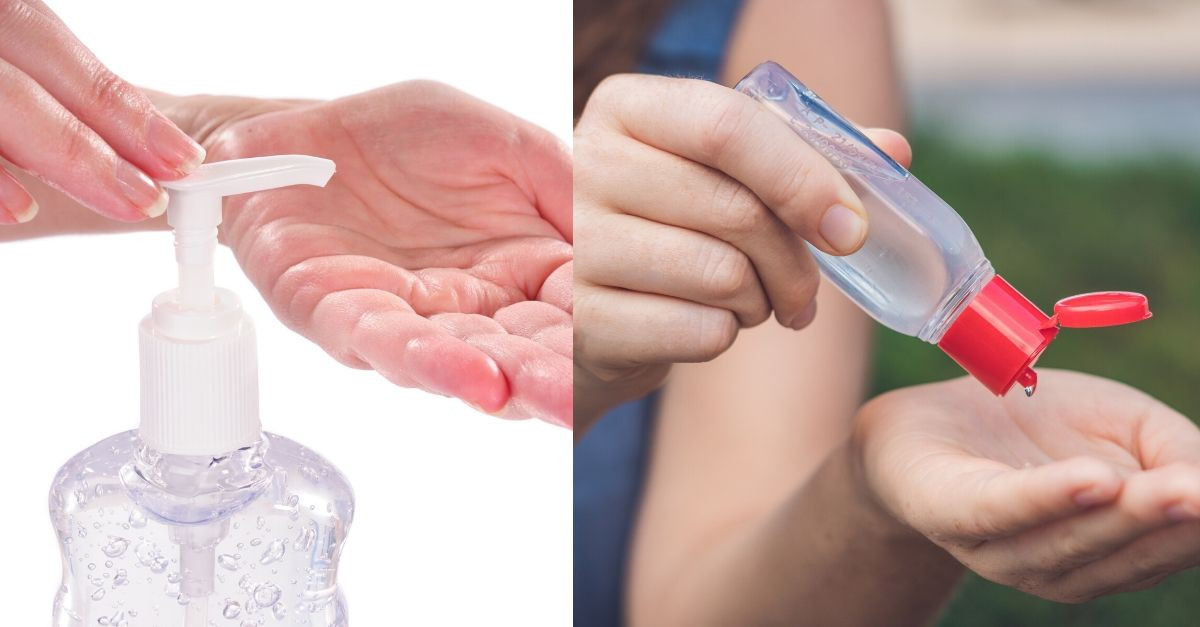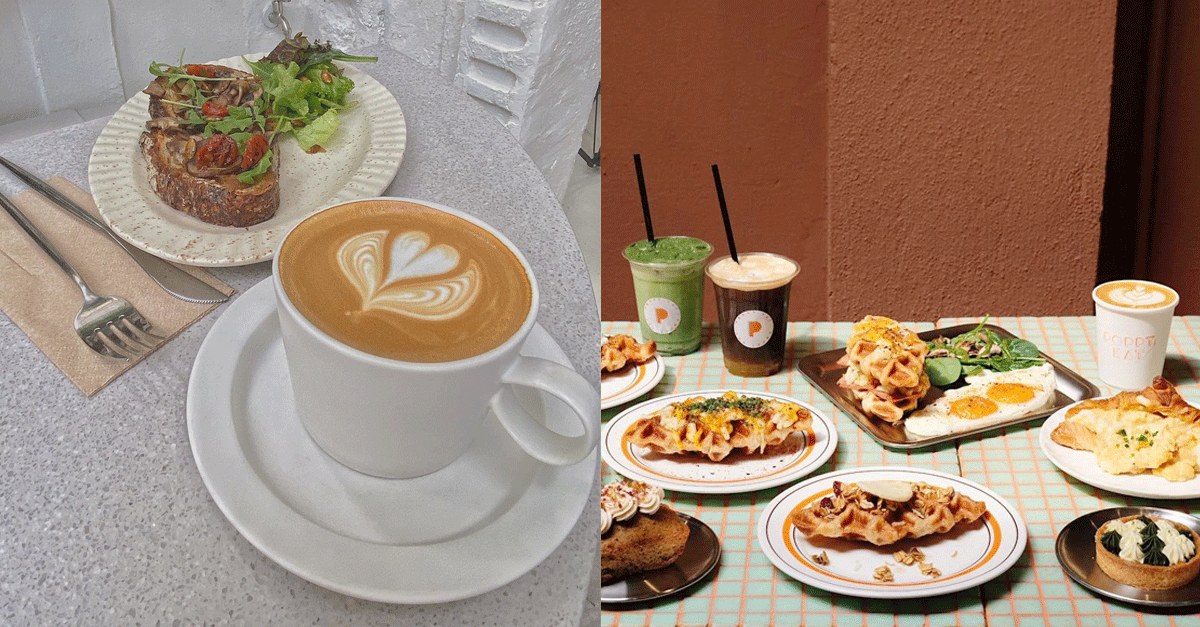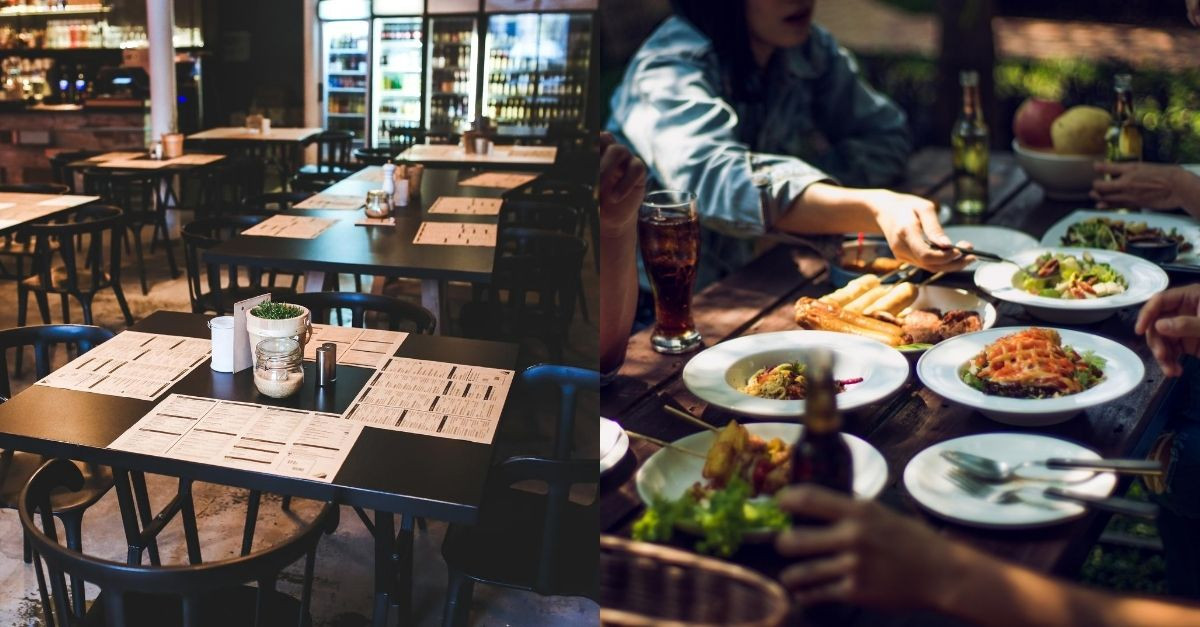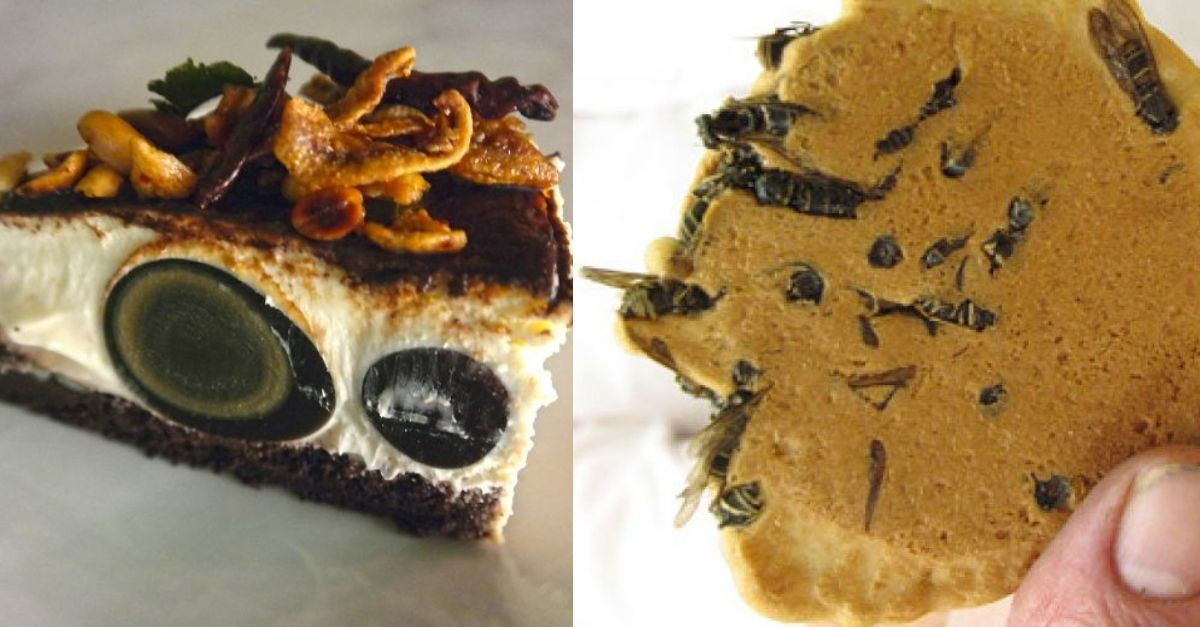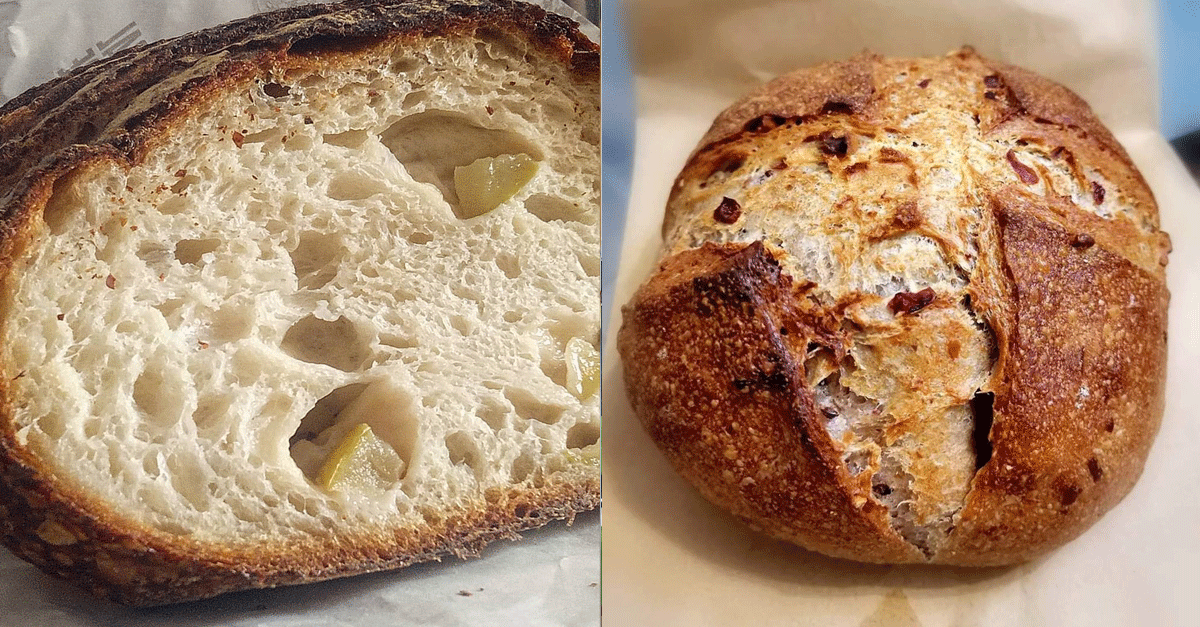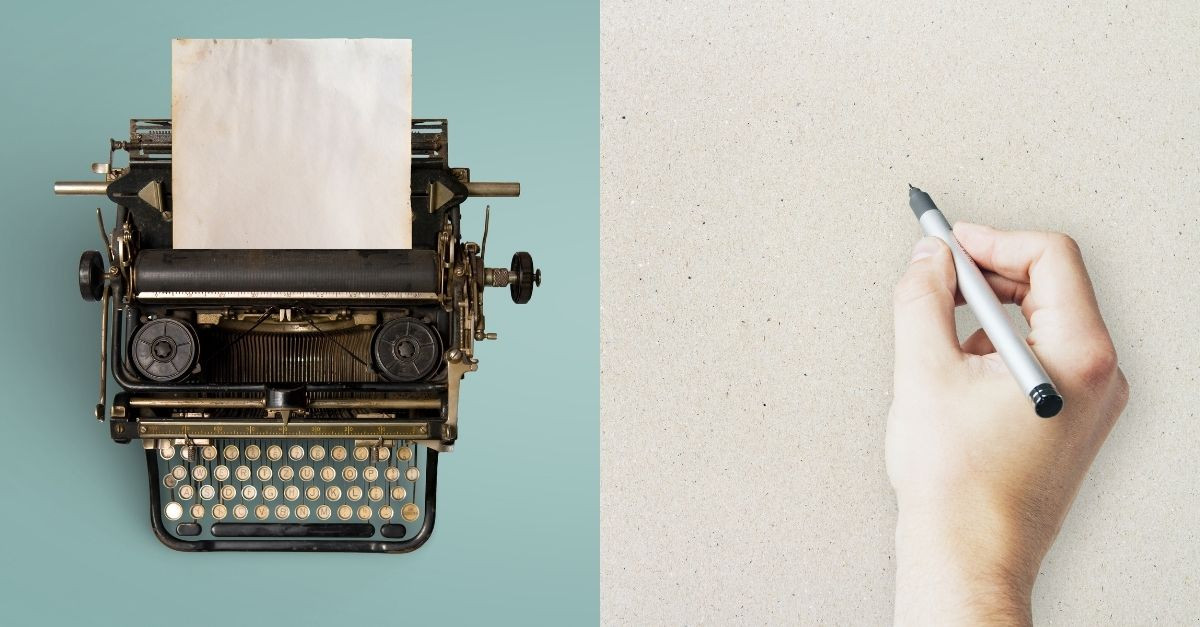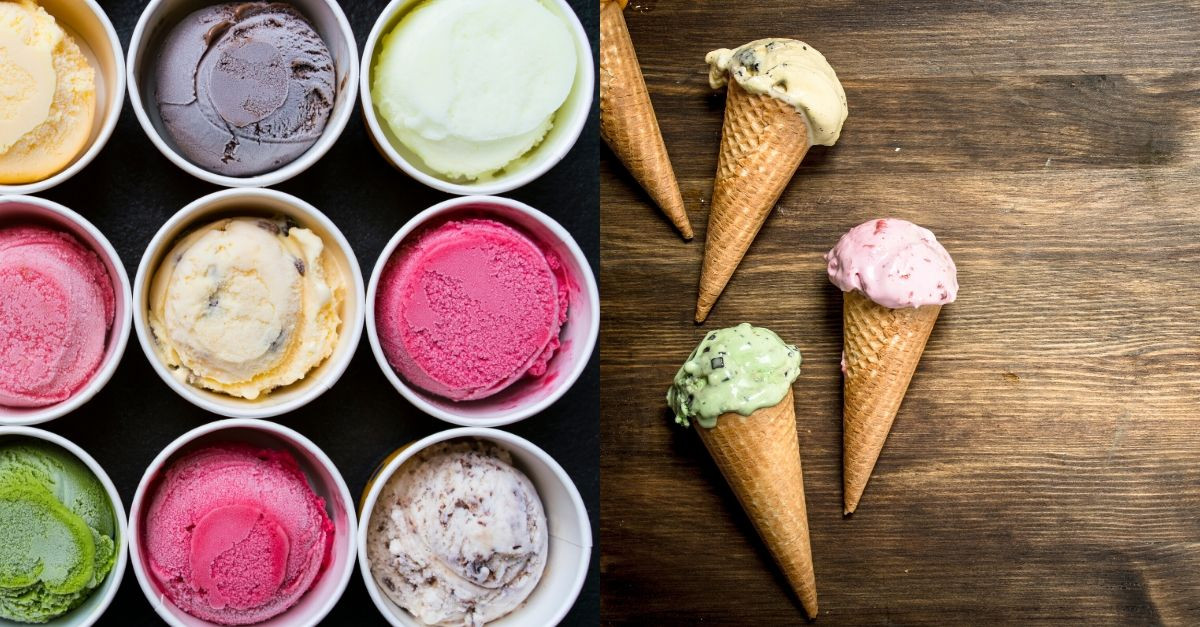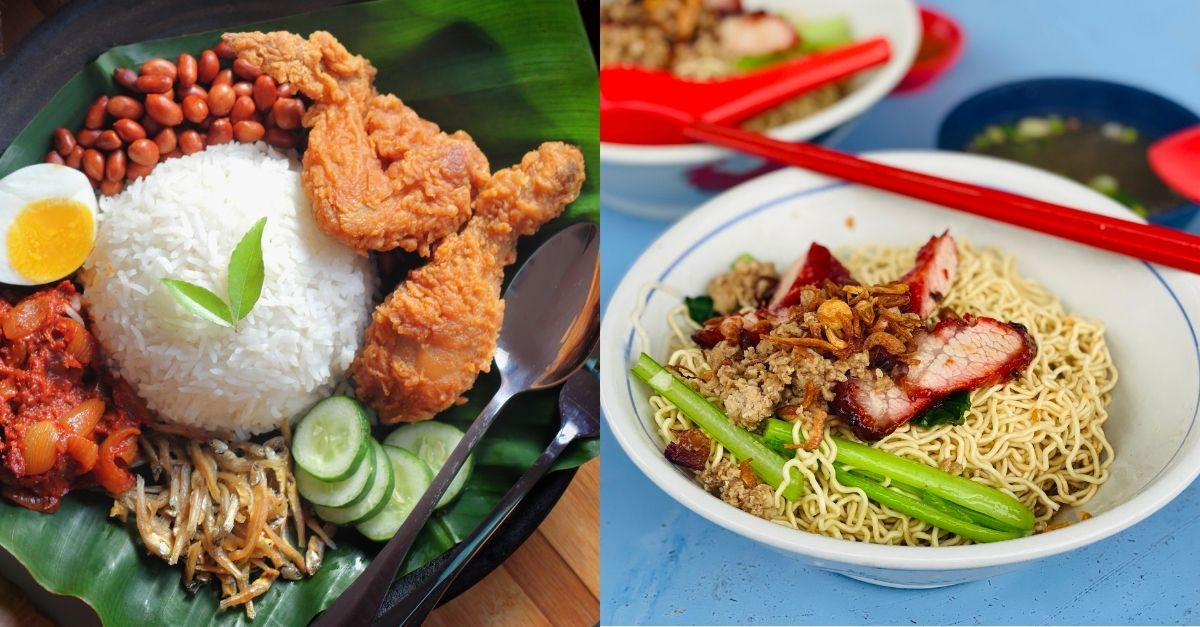6 Food You Should Avoid Reheating
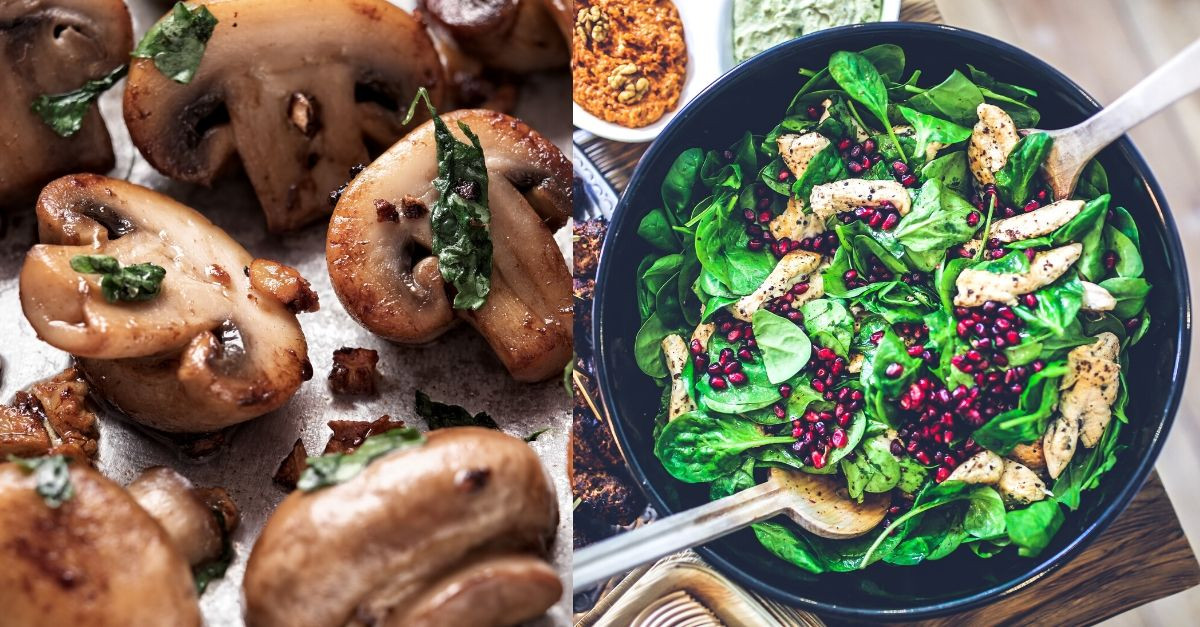
Can’t finish your cooked meal? Reheating leftovers are often the most logical solution. Not only does it help you save money, but it also cuts down on unnecessary wastage. Unfortunately, not each and every food item is safe to reheat! Here is the list of 6 Food You Should Avoid Reheating if possible.
1) Chicken
Most of us Malaysians have grown accustomed to consuming chicken in our meals regardless of lunch or dinner. But there are times when we are unable to finish our (whole) chicken meal in one sitting. So, if you reheat and consume it during lunch the next day, keep in mind that doing so may cause digestion problems or worse, food poisoning. This is because chicken contains a rich source of protein, which tends to break down, causing a change in its composition.
But that doesn’t mean you should discard say, your leftover roasted chicken right away. The trick is to make sure your reheated chicken has a recommended internal temperature for at least 165 to 175°F (73.9 to 79.4°C), ideally using a food thermometer. This to ensure the harmful bacteria is eliminated, making your reheated chicken safe enough for consumption.

Image Credit: tegel.co.nz
2) Rice
Consuming reheated rice can cause potential food poisoning. This is largely due to a bacteria called Bacillus cereus, which can make people nauseous and sick from diarrhea. Which is why it’s best to consume rice immediately after cooking and not to let it sit for hours. Even if you are unable to finish the rice and insist on reheating it the next day, make sure you store the leftovers properly. You can do so by placing the rice directly into the fridge to minimise bacterial growth. When you choose to reheat rice using a microwave or steamer, make sure the rice’s internal temperature is at 165°F (73.9°C) or higher. Likewise, the best way to determine the accuracy of the temperature is to use a food thermometer.
To microwave leftover rice, set the timer for around 3-4 minutes or if you opt to steam it on a wok or saucepan instead, add some water and cover the lid. Stir occasionally until the water has reached to a boil. Remember to serve immediately when the rice is still piping hot. Alternatively, you can use the cold leftover rice to make fried rice. But whatever you do, any leftover rice that is stored inside the fridge for more than 3 days should be discarded altogether.
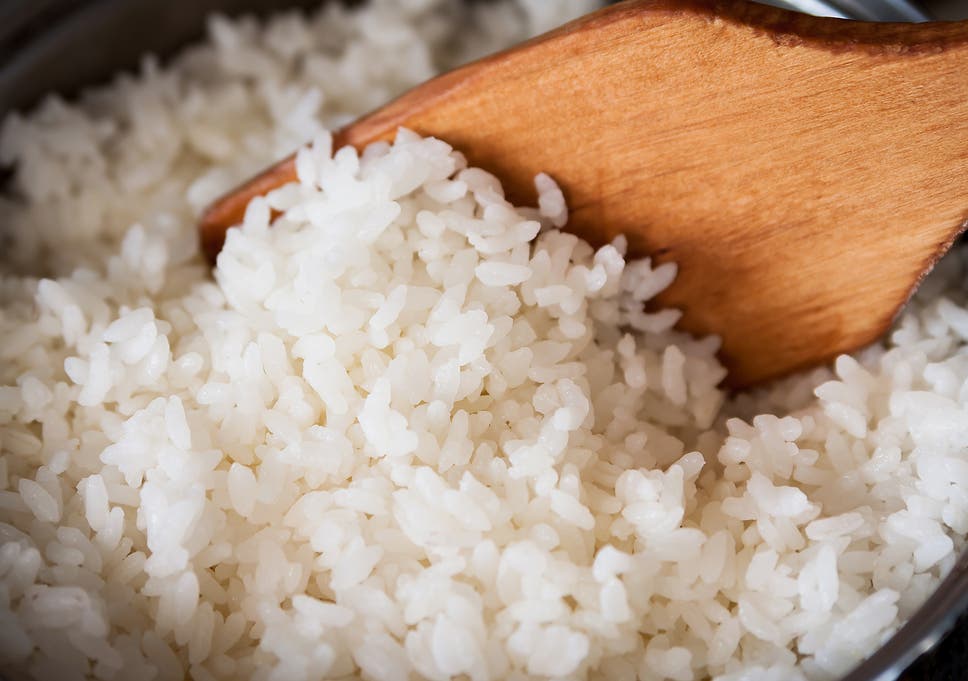
Image Credit: independent.co.uk
3) Eggs
Whether you boil or scramble your eggs for breakfast, make sure to serve them immediately after cooking. Reheating any egg dish is considered risky since bacteria like salmonella can thrive and cause severe food poisoning. But in case you decide to reheat leftover eggs, make sure it contains an internal temperature for at least 165°F (73.9°C) to ensure safe consumption.

Image Credit: nomealnohealth.com
4) Potatoes
Thinking of reheating cooked potatoes? Well, you might want to reconsider that since reheating them can make you sick. This is particularly evident with cooked potatoes left to cool at room temperature for quite some time and sealed in aluminium foil. Doing so can cause bacteria called Clostridium botulinum to grow. So, if you intend to eat leftover potatoes the next day, make sure to store them properly in the fridge after cooking or serving.
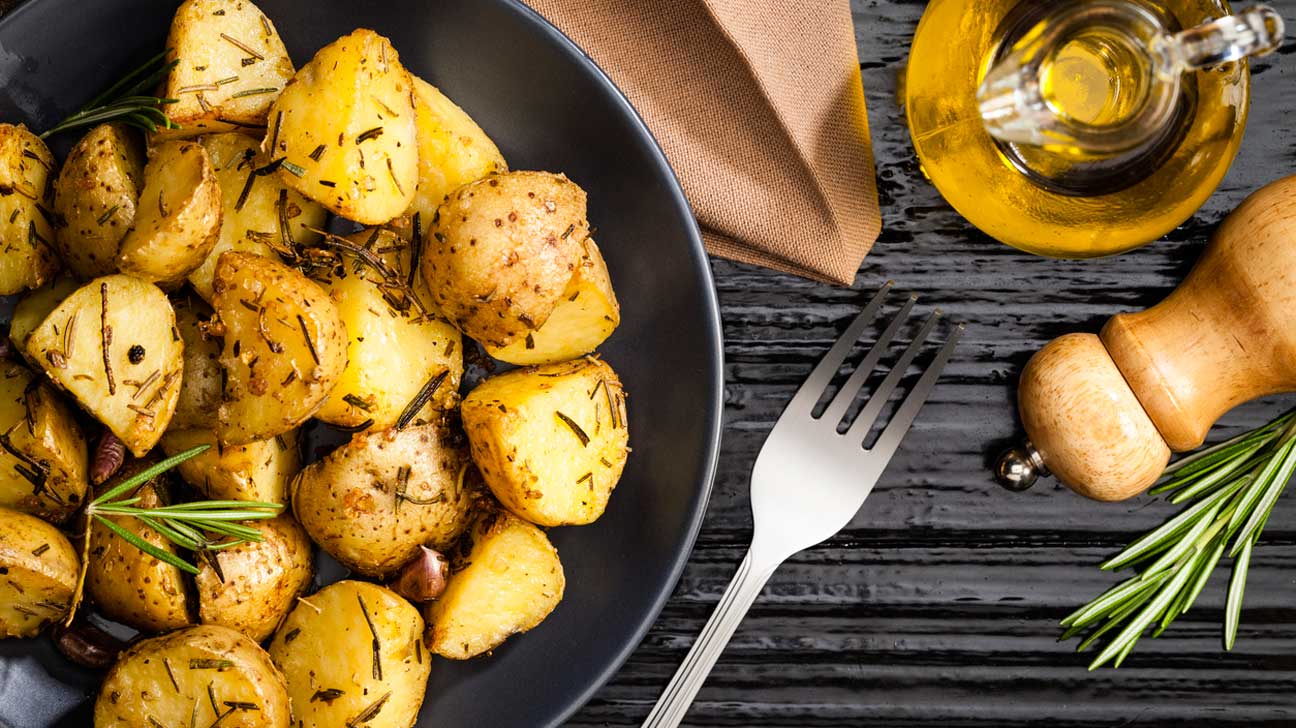
Image Credit: healthline.com
5) Spinach
Spinach has an excellent source of vitamin A, B2, C and K as well as other minerals like magnesium and iron. But did you know that reheating them in the microwave can actually cause more harm than good? Put it this way: if you reheat them, the nitrates that are found within the spinach can convert to nitrites and pose a health risk. Your best bet? Serve spinach immediately after cooking.
Image Credit: thewellfednewlyweds.blogspot.com
6) Mushrooms
Two words: upset stomach. This is what you will get if you reheat your leftover cooked mushrooms. It happens due to the breakdown of proteins which are ruined by enzymes and microorganisms. This is also true if you do not refrigerate them immediately after cooking, causing the reheated mushrooms to deteriorate and unsafe for consumption. So, the next time you want to reheat mushrooms, make sure they are stored properly in the fridge before warming them at a recommended temperature of 158°F (70°C).
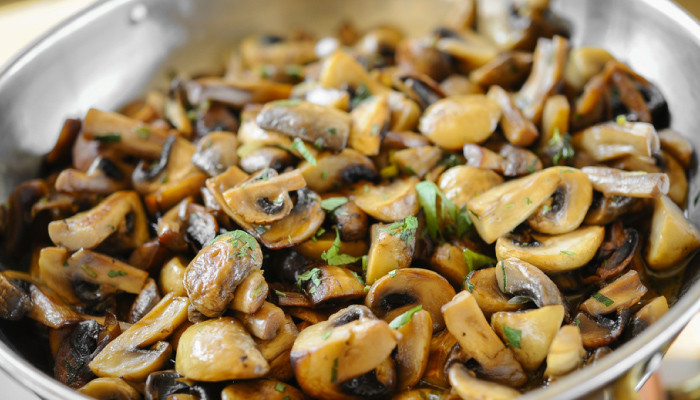
Image Credit: roomsevilla.com











